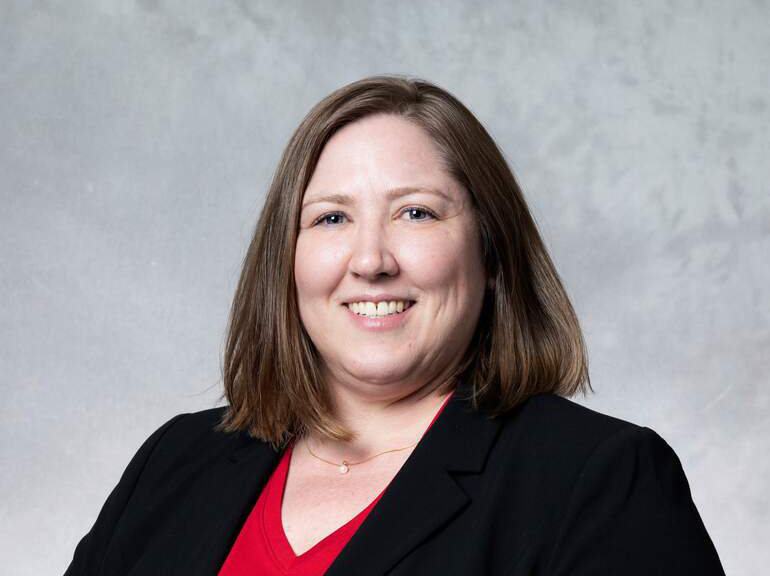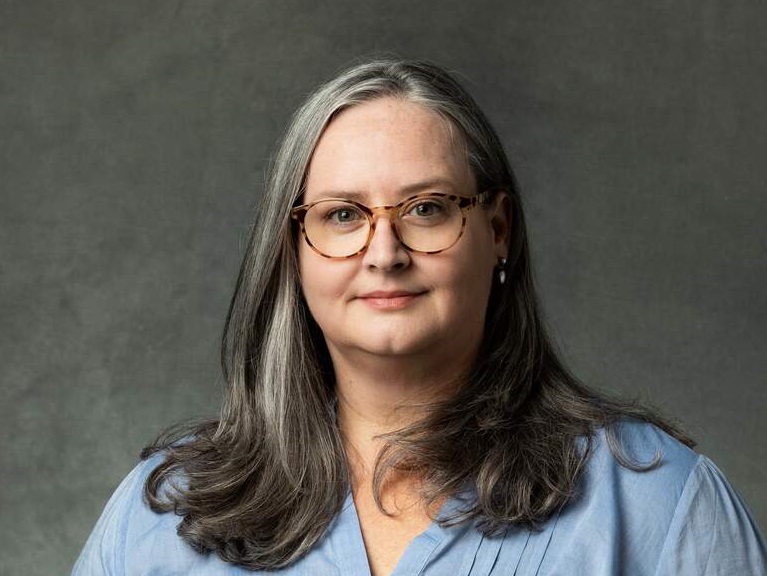Entrance Requirements
A bachelor's degree from a U.S. regionally accredited institution (or international equivalent) and a minimum GPA of 2.7 is required. The GRE/GMAT is not required
Strong growth in the field of information security and risk management reflects the high demand for protecting the confidentiality, integrity, and availability of information in this increasingly tech-driven world. Addressing security concerns with public cloud, software as a service, growing automation and adoption of AI technologies is crucial for business operations.
Students in the Graduate Micro-Credential in Information Security and Risk will gain a foundational understanding of information technology security, including authentication, authorization, access management, physical security, network and application security, and digital privacy, as well as explore IT governance, risk, and compliance in depth.
Our graduate-level micro-credentials are practical and industry-relevant, and offer a way to gain expertise quickly in an ever-changing landscape and realize a competitive edge. In just two classes, you will earn a micro-credential and digital badge to bolster your resume and online profile. Badges are a convenient way to digitally showcase and share expertise and help differentiate yourself in the market.
Students have the option to use coursework from the graduate micro-credential to continue in a graduate certificate or master’s degree program offered by Graduate Programs in Software.

How to earn a graduate micro-credential
To complete the Information Security and Risk Micro-credential, you must complete the following two courses (6 graduate semester credits) with at a GPA of 2.7 or better:
Two Required Courses:
A bachelor's degree from a U.S. regionally accredited institution (or international equivalent) and a minimum GPA of 2.7 is required. The GRE/GMAT is not required
Classes are offered in-person and online weeknights from 5:30 – 8:30 p.m., Monday – Friday.

Get the Facts
Attend an online information session to learn program details. Our programs serve working professionals with busy lives. Set your own pace and start fall, spring or summer. Classes are offered in-person and online weeknights from 5:30 – 8:30 p.m., Monday – Friday. We look forward to meeting you.
All full-time tenured faculty hold Ph.D. degrees and offer extensive industry experience. Adjunct faculty are selected based on professional experience and educational credentials.

Julie Denning's background spans technology, including 10 years as a software developer and three years on the infrastructure side before moving into cybersecurity in 2010. Julie Denning works at Thomson Reuters as a Product Security Architect, partnering with architects and product teams to ensure the software they build and deploy for their customers in the legal and government industries are built securely.

Melinda Mattox has over 20 years of experience working in data security. She has experience in the public, non-profit, government, and higher education sectors. She is currently the Director of Security Operations at the University of St. Thomas. Melinda holds professional certifications in information security, security management, and risk management.

Dr. Brandan Keaveny is the principal consultant/founder of Data Ethics LLC where he specializes in professional consulting services in the areas of data governance, analytics, and privacy. Prior to forming Data Ethics, Dr. Keaveny served as a school district administrator at the levels of director and chief officer for accountability in two urban school districts. He has earned the ANSI-accredited designation of Certified Information Privacy Manager (CIPM) through the International Association of Privacy Professionals (IAPP).